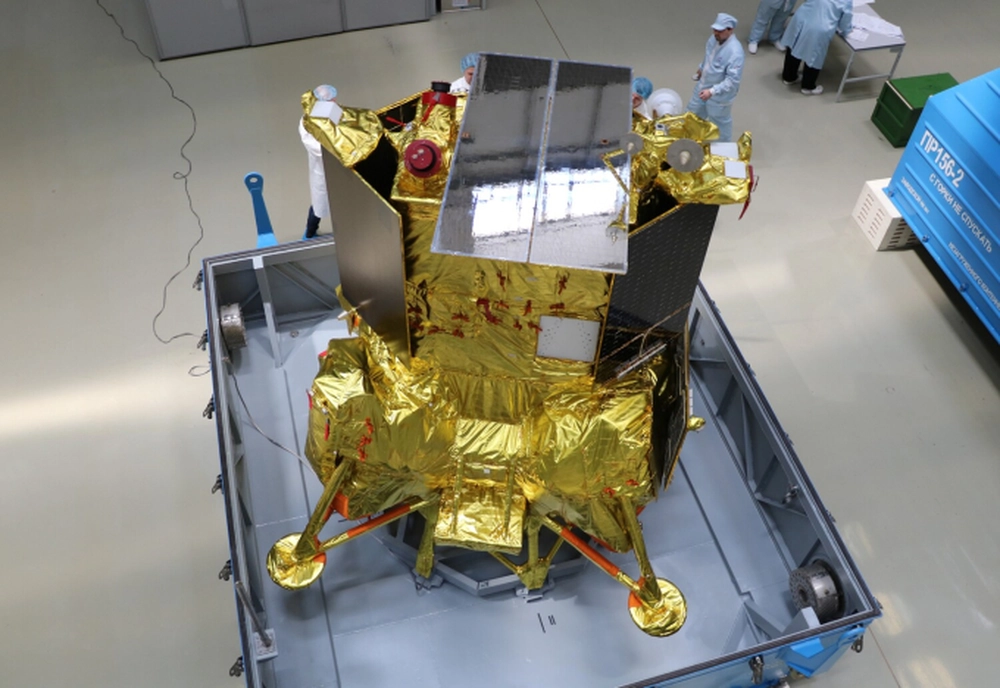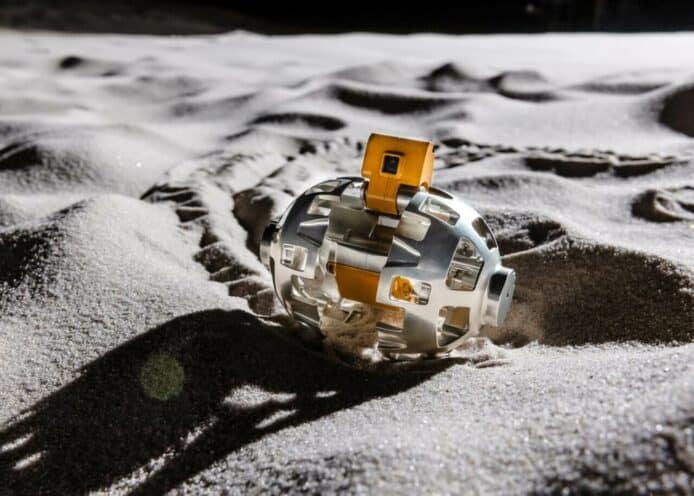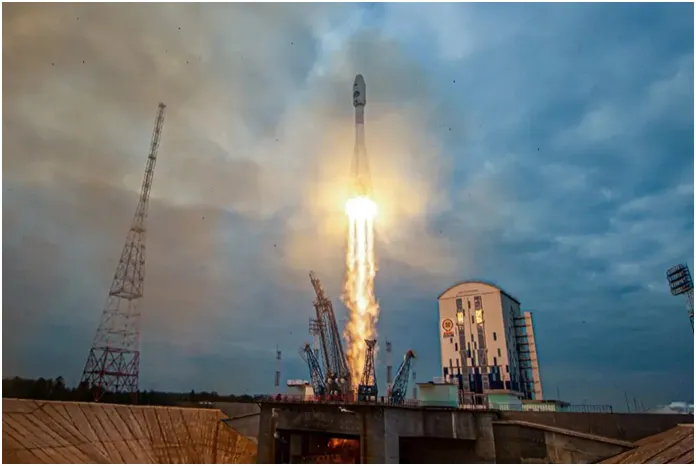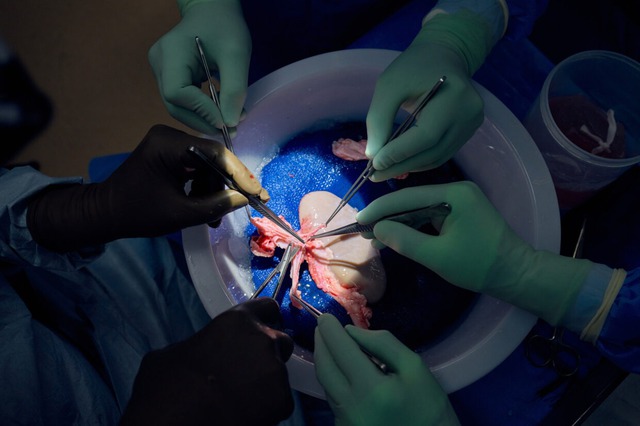The Luna-25 Probe Crashed Into The Moon, “Burying” Russia’s Desire For Exploration
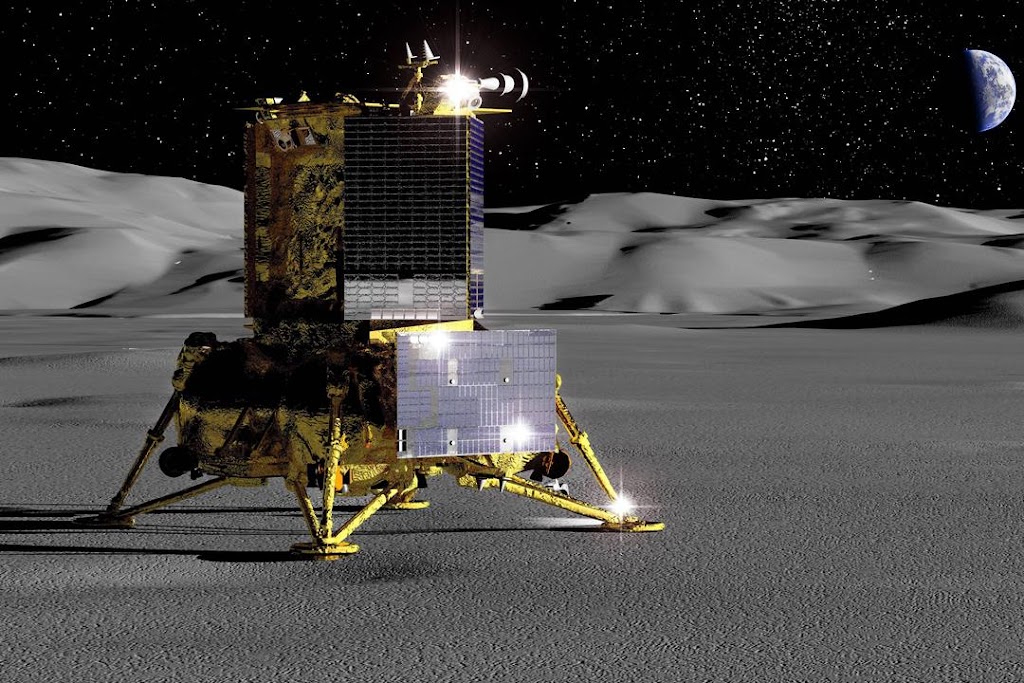
Russia’s historic mission ended in failure after the Luna-25 probe collided with the surface of the Moon. The incident occurred after communication with Luna-25 was interrupted.
CNN said that this is a strong blow to Russia ‘s space aspirations. Previously, experts said that if this mission is successful, confidence in the field where Russia once led the world will be restored.
Mission failed
The Russian Federal Space Agency (Roscosmos) said that it lost contact with Luna-25 at about 14:57 (Moscow time) on August 19. Measures taken on August 19 and 20 to search for and contact Luna-25 did not yield any results.
“According to preliminary checks, Luna-25 entered an ‘undesignated’ orbit before impact,” Roscosmos said, adding that a special commission would be formed to investigate. specific cause.
The Luna-25 probe was launched from the Vostochny cosmodrome in Amur Province on August 10, wearing the hope of Russia: Successfully landing on the Moon after nearly 50 years of conducting the first expedition. first in 1976.
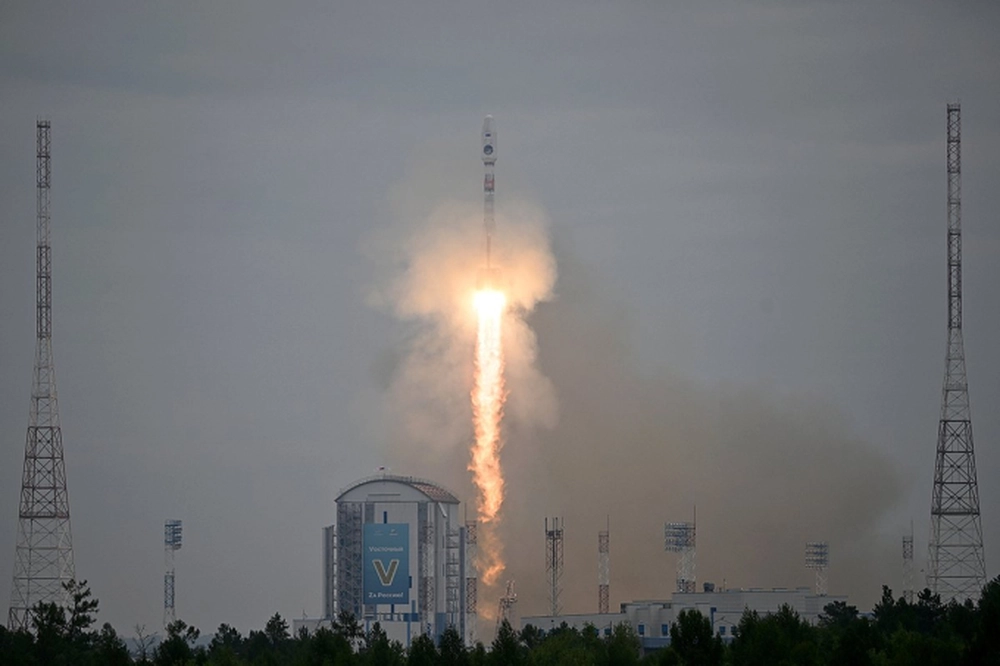 |
| The Soyuz rocket carrying the Luna-25 probe was launched from the Vostochny cosmodrome. Photo: rg.ru |
Luna-25’s orbit allows it to pass India’s Chandrayaan-3 probe (launched mid-July) en route to the lunar surface.
If all goes well, Russia will become the first country in the world to make a soft landing on the south pole of the Moon. Previously, exploration vehicles of all countries landed in the equator. Unfortunately, the historic victory did not take place.
The opportunity is now in the hands of India. If the Chandrayaan-3 spacecraft lands successfully, India will become the fourth country in the world, after the US, Soviet Union and China, to successfully land a spacecraft on the Moon, and become the first country. around the world landed near the Moon’s south pole.
What happened right before the decisive moment
Lenta (Russia) newspaper reported that many reports about the landing plan of Luna-25 were shared on the Telegram network. Accordingly, on the afternoon of August 19, Luna-25 is expected to descend to the point of orbit where the spacecraft is closest to the surface of the Moon.
On August 21, from this height, Luna-25 will gently land on the surface of the Moon. However, an emergency occurred that caused the spacecraft to leave its open orbit around the Moon and collide at 1.7km/s into the surface of Earth’s only natural satellite.
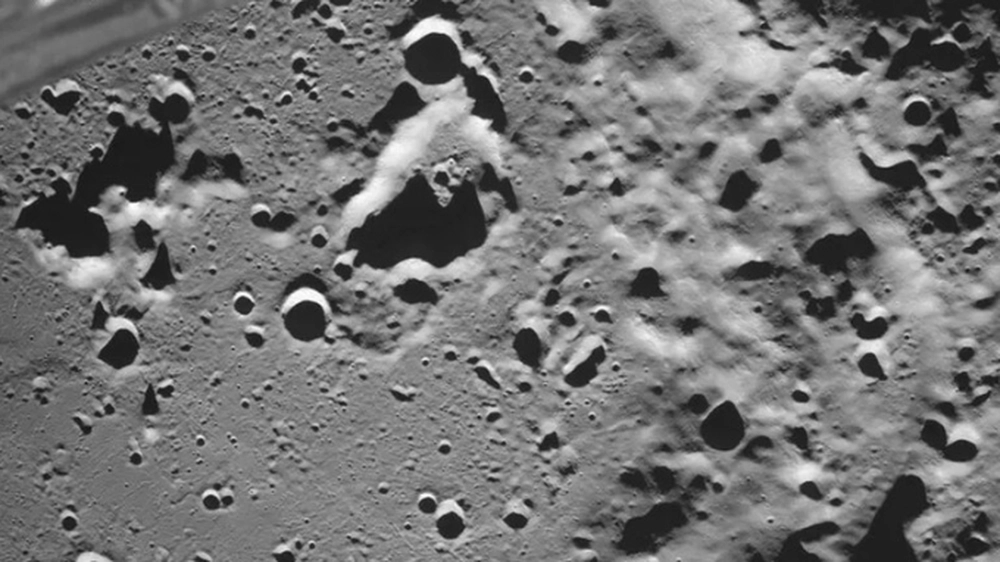 |
| Luna-25 took the first images of the Moon since it was successfully put into orbit. Photo: Roscosmos |
“During the operation, an emergency situation occurred on the automatic station, making operations with the specified parameters impossible,” Roscosmos said through a Telegram post on August 19.
Mistake at the 89th minute
Commenting on the failure of Luna-25, Mr. Nathan Eismont – a leading researcher at the Institute of Space Research (IKI) – Russian Academy of Sciences told RIA Novosti: The maneuver of Luna-25 should have been. should be deferred after detecting the problem.
Mr. Eismont said that a number of problems on the Luna-25 probe had arisen even before the spacecraft entered the orbit to prepare for the landing process. Therefore, it is necessary to postpone further operations until the problem is fixed.
In the expert’s opinion, if the transition to pre-landing orbit is postponed, “nothing terrible will happen”.
According to Nathan Eismont, a number of problems on the Luna-25 probe have arisen even before the spacecraft enters the orbit to prepare for the landing process.
Meanwhile, Grigory Karasin, chairman of the Foreign Affairs Committee of the Russian Federation Council, said that “professional analysis” is needed to draw conclusions in the near future.
Mr. Karasin stressed that Russia is a space power, and “we (Russia) will continue to move forward”.
Journalist Yuri Medvedev of Rossiyskaya Gazeta (Russia) said that on social networks, there are now many different “versions” of the cause of the incident. Indeed, this is a “major failure” for Russia, but if viewed objectively, this mission is a very complicated one.
Anatoly Petrukovich, director of the Space Research Institute of the Russian Academy of Sciences, said that Russia needs to find out what happened and what lessons to learn for future projects. This is the only and most important thing to do at the moment.
According to Petrukovich, it is too early to conclude how this failure will affect Russia’s lunar program in the future. A special committee will be formed to make recommendations on the continuation of the research programme.
[SOURCE]

